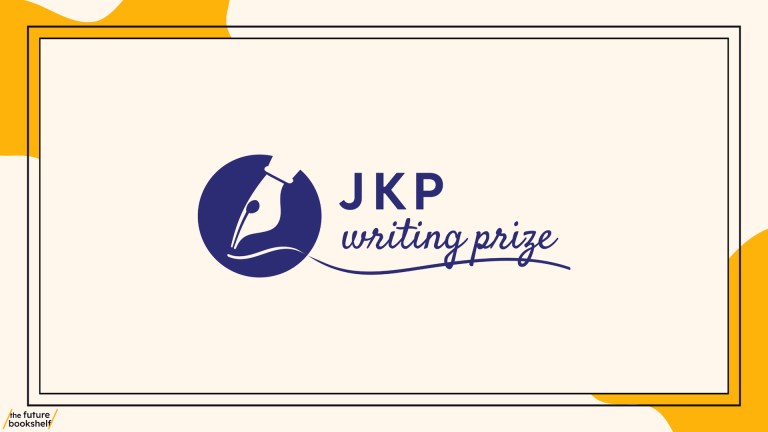‘There’s the story and there’s how you tell the story’
Developing your style
There’s the story and there’s how you tell the story. The latter is your style. Some writers forget that the purpose of style is to enhance the experience for the reader, not to call attention to the cleverness of the author.
While style should be a by-product of what you want to say, there may be some approaches that will help you develop yours.
Keep your emotions in check
It is said that sometimes Dickens wept when he gave a reading of the death of Little Nell, but perhaps he wasn’t crying when he wrote it. Anton Chekhov suggested that authors keep their emotions in check:
When you describe the miserable and unfortunate, and want to make the reader feel pity, try to be somewhat colder- that seems to give a kind of background to another’s grief, against which it stands out more clearly. Whereas in your story the characters cry and you sigh. Yes, be more cold… The more objective you are, the stronger will be the impression you make.
If you carry some of that objectivity into the writing itself, it may make it stronger, according to F Scott Fitzgerald:
Reporting the extreme things as if they were the average things will start you on the art of fiction.
Great Expectations
In the section below, young Pip encounters the escaped convict Magwitch for the first time. Although it’s a terrifying situation, notice how Dickens describes it in a straightforward way:
“Hold your noise!” cried a terrible voice, as a man started up from among the graves at the side of the church porch. “Keep still, you little devil, or I’ll cut your throat!”
A fearful man, all in coarse gray, with a great iron on his leg. A man with no hat, and with broken shoes, and with an old rag tied round his head. A man who had been soaked in water, and smothered in mud, and lamed by stones, and cut by flints, and stung by nettles, and tom by briars; who limped, and shivered, and glared, and growled; and whose teeth chattered in his head as he seized me by the chin. [The list of descriptions of what had happened to this man makes us imagine him in a bad state, then a worse state, and then a worse state yet. It reads almost like a list of shots in a film, each showing another facet of his condition.]
“Oh! Don’t cut my throat, sir,” I pleaded in terror. “Pray don’t do it, sir.”
Notice that Dickens also keeps to a minimum the description of Pip’s reaction (”I pleaded in terror”), leaving it to the reader to imagine what feelings such an encounter would evoke in a young child.
Punctuation and spelling
A few authors have made their mark partly through idiosyncratic use of punctuation and spelling, like e e cummings’s refusal to use capital letters, or Joyce’s sentences that go on seemingly forever. Hemingway expressed a different viewpoint:
My attitude toward punctuation is that it ought to be as conventional as possible. The game of golf would lose a great deal if croquet mallets and billiard cues were allowed on the putting green. You ought to be able to show that you can do it a good deal better than anyone else with the regular tools before you have a license to bring in your own improvements.
Mark Twain was skeptical about hewing to strict rules:
I never had any large respect for good spelling. That is my feeling yet. Before the spelling-book came with its arbitrary forms, men unconsciously revealed shades of their characters and also added enlightening shades of expression to what they wrote by their spelling, and so it is possible that the spelling-book has been a doubtful benevolence to us.
George Bernard Shaw addressed the question of grammar in a letter to the editor of The Times of London:
There is a busybody on your staff who devotes a lot of time to chasing split infinitives… I call for the immediate dismissal of this pedant. It is of no consequence whether he decides to go quickly or to quickly go or quickly to go. The important thing is that he should go at once.
F Scott Fitzgerald offered his view on one punctuation mark in particular:
Cut out all those exclamation marks. An exclamation mark is like laughing at your own joke.
If you are uncertain about punctuation and grammar, don’t let it stop you from writing. You can either hire an editor or arm yourself with the venerable Elements of Style, by Strunk and White – still the best guide and itself a model of simplicity and clarity – and polish your work later.
Dare to find your own
The writer who develops an unusual style may not find the path easy, as Raymond Chandler warned:
The most durable thing in writing is style, and style is the most valuable investment a writer can make with his time. It pays off slowly, your agent will sneer at it, your publisher will misunderstand it, and it will take people you have never heard of to convince them by slow degrees that the writer who puts his individual mark on the way he writes will always pay off.
What writers agree on, though, is that your style has to be a natural development. Jack Kerouac revealed how he happened on his:
I got the idea for the spontaneous style of On the Road from seeing how good old Neal Cassady wrote his letters to me – all first person, fast, mad, confessional, completely serious, all detailed – with real names in his case, however, being letters. I remembered also Goethe’s admonition – well, Goethe’s prophecy – that the future literature of the West would be confessional.
While another writer’s style may inspire you, Ayn Rand warned:
You cannot borrow another man’s soul, and you cannot borrow his style.
Henry David Thoreau summed it up well:
Who cares what a man’s style is, so it is intelligible, as intelligible as his thought. Literally and really, the style is no more than the stylus, the pen he writes with; and it is not worth scraping and polishing, and gilding, unless it will write his thoughts the better for it. It is something for use, and not to look at.
ACTION: When you review your first draft, consider whether writing your most emotional scenes more dispassionately would make them more powerful. If you’ve deviated from conventional grammar, spelling or punctuation, is there a good reason for it? And make sure that you haven’t succumbed to the lure of the exclamation mark. Finally, don’t fret about your style or whether you have one – trust that one will emerge after the first million words or so.



